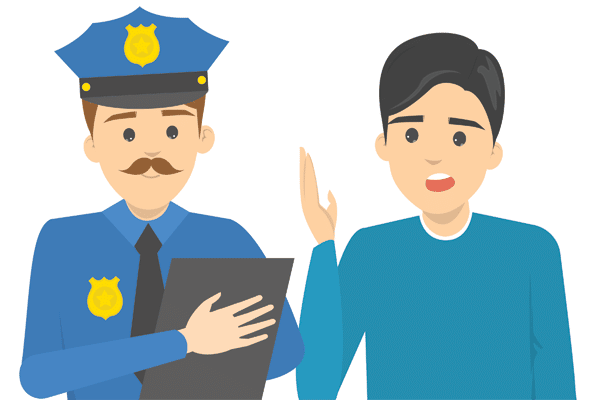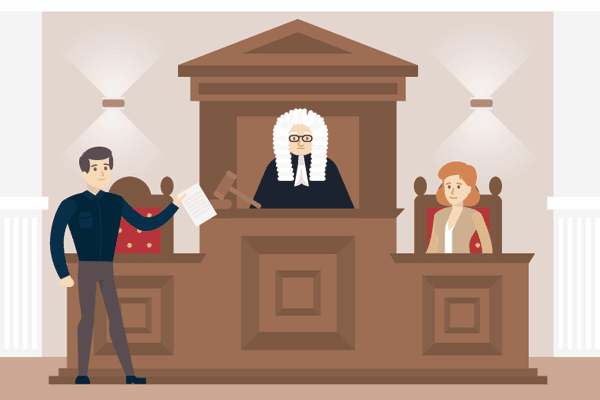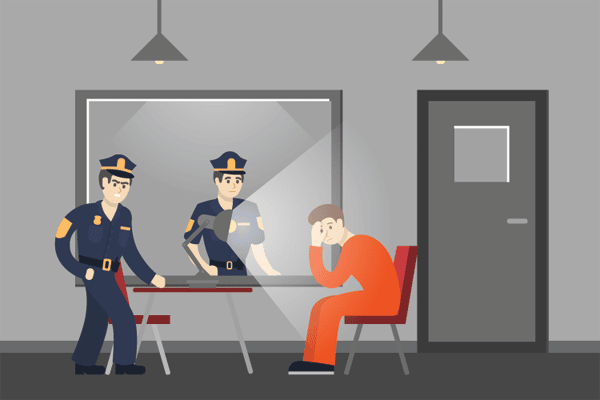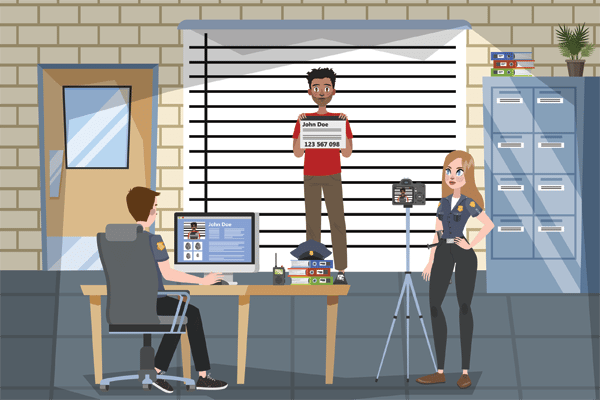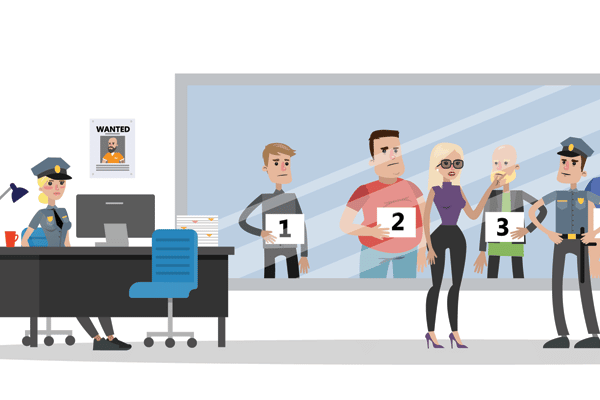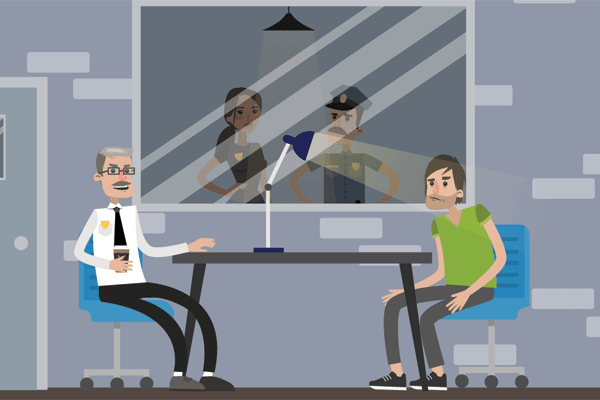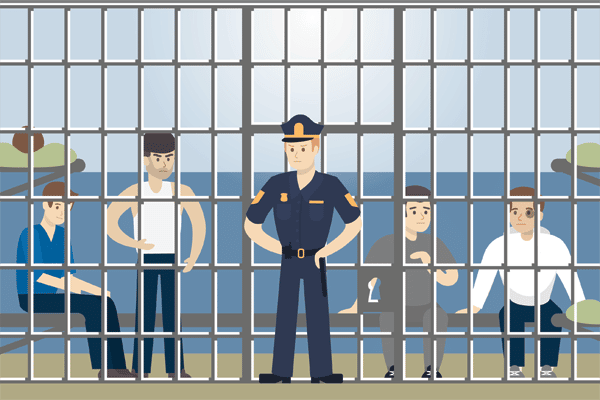7 Important Reasons to Not Talk to Police
Do Not Self Incriminate Yourself by Talking to the Police. Invoke Your Constitutional Right to Remain Silent and Ask for An Attorney.
What is Self-Incrimination and Why Does it Matter to You?
Every American has the right to remain silent when approached by law enforcement. The Constitution protects all citizens from experiencing punishment for not answering questions. The Constitution also protects every citizen from incriminating themselves.
Incrimination means making statements or presenting facts or information to law enforcement or government officials that may be used against you or unintentionally suggests your involvement in a crime that could be prosecuted by the court system.

